Introducing the Class of 2008
Looking back at some of the indie games that graduated 10 years ago.
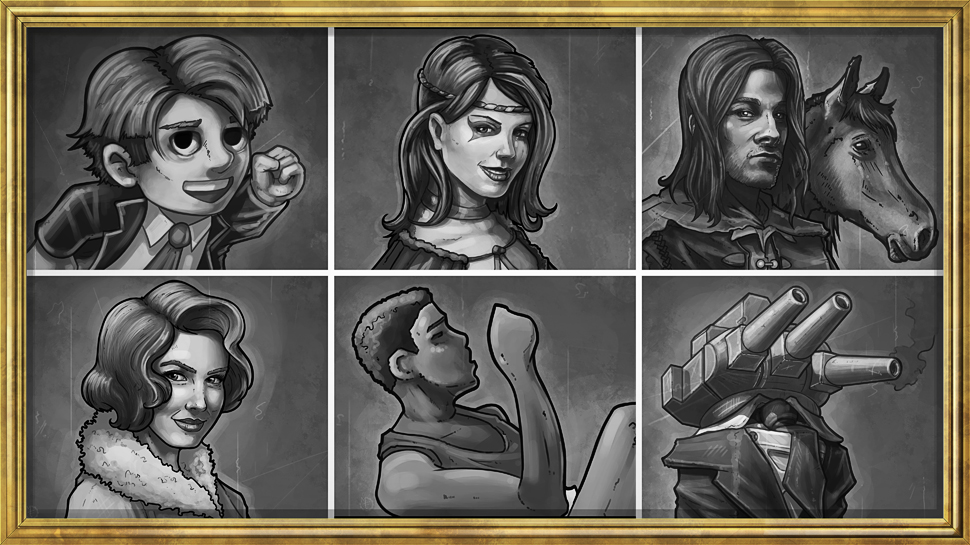
Every year is special in its own way, but as the head of the yearbook committee for the high school where the students are all independently developed videogames for some reason, I am here to tell you how special the class of 2008 was. Looking back 10 years later, 2008 was a fascinating time to be a young indie game making your way in the world.
It was a time when the PC wasn't the default place to go for indies upon graduation: Xbox Live Arcade was a solid first choice and that's where Braid made its debut in 2008, only coming to PC several months later. But Steam was becoming a contender as well and Audiosurf, the first third-party game given access to the full Steamworks suite, was the platform's best-selling game in February. Valve were providing support for talented students beginning their careers.
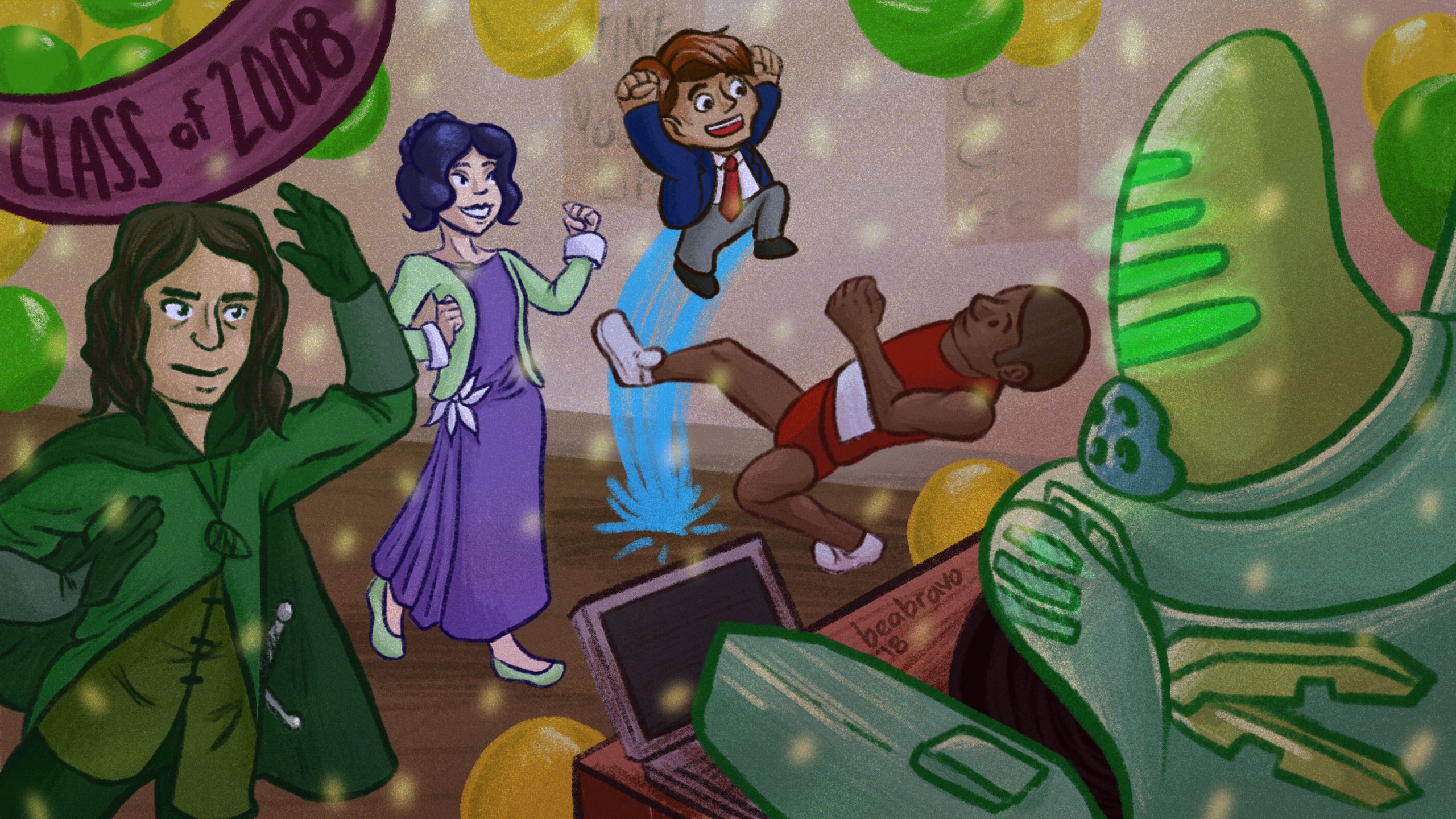
Downloading games rather than installing them off a disc still felt novel, and it was a time when smaller games that weren't going to bust your data limit could thrive. It was the year of World of Goo, Barkley Shut Up and Jam: Gaiden, Defense Grid: The Awakening, Multiwinia, and Mount and Blade.
Games that were really tiny still found homes on Flash, and the Newgrounds/Kongregate/Armor Games scene had been around long enough to start going meta. Browser games like You Have to Burn the Rope, Achievement Unlocked, and ROM Check Fail toyed with our expectations, using their short run-times to make singular comments on the medium.
QWOP was a kind of commentary too, both on games' doomed simulationist aims and their standardized control schemes. It was also part of a growing trend for slapstick physics games that saw expression with the wonderfully named likes of Minotaur China Shop and Off-Road Velociraptor Safari.
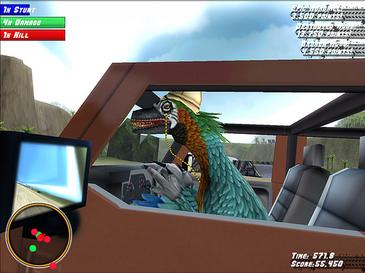
Not every indie game that graduated in 2008 achieved the recognition it deserved, and the likes of Dangerous High School Girls in Trouble! and Hinterland aren't namechecked today nearly as often as they should be. Penumbra: Black Plague seemed like an important step away from combat-heavy horror for Frictional Games at the time, but now it's a footnote on the road to Amnesia and SOMA. Class sizes may have been smaller back then, but it was still possible for the deserving to be overlooked.
It was also the year of Limbo of the Lost, but we gloss over that.
The biggest gaming news, reviews and hardware deals
Keep up to date with the most important stories and the best deals, as picked by the PC Gamer team.
For the next week PC Gamer Indie will be looking back at 2008 with a series of retrospectives highlighting some of the year's most interesting indie games. We won't have space for them all, but we hope this series stirs some memories of old friends and perhaps introduces you to new ones.
Each Class of 2008 story will be linked here as they go up, so you can return to this page later to read the whole series.
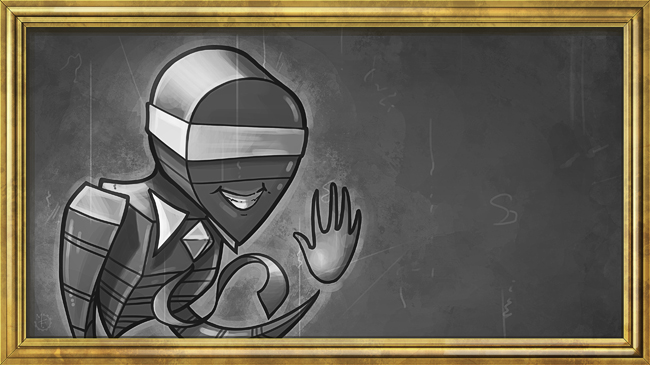
The making of Audiosurf, the synesthesia simulator
A telling difference between today's indie games scene and that of 10 years ago is how excited Dylan Fitterer was to hear his game was going to be on Steam.
Audiosurf had just been nominated for three IGF awards in the categories of Technical Excellence, Excellence in Audio, and the Seamus McNally Grand Prize. As Dylan tells it, "Then I got a call from Jason Holtman at Valve who said, 'Hey, you want to sell this on Steam?' That blew me away. That was crazy to get an offer like that."
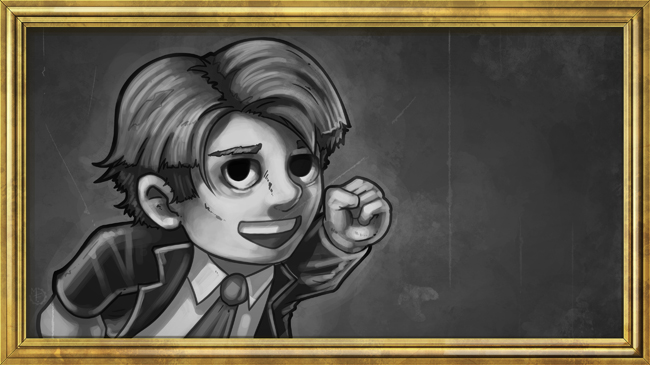
Does Braid deserve its status as the breakthrough indie game?
Braid is one of those games that rolls lazily off the tongue in conversations about the most influential indie games of all time. Depending which of the many breathless pieces you've read about it over the years, Braid was either an "enormous leap towards realising the potential" of videogames that "ripped away…years of gaming blinkers", the "Sex, Lies and Videotape of indie gaming", or possibly even gaming's "Easy Rider" moment. It has a reputation as more than just a clever puzzler with a mind-bending rewind mechanic—it was a changing of the guard, a signal that independent games could finally compete with their big-budget counterparts.
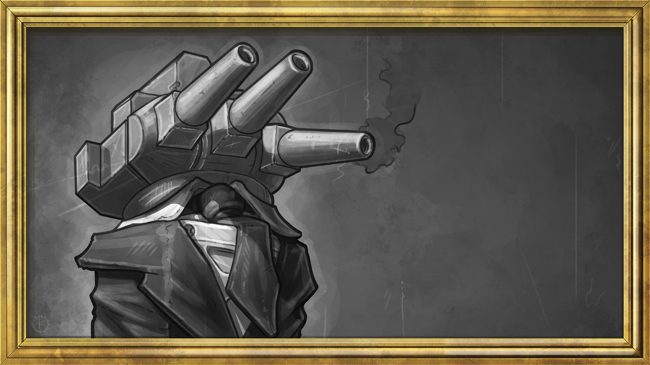
Defense Grid, the 'beer game' that changed a genre
"We wanted to make a beer game," says Michael Austin, creative director and co-founder of Hidden Path Entertainment. "That's a game you can play with one hand while holding a beer."
Though Austin and his fellow veterans at Hidden Path had previously worked on several games, Defense Grid: The Awakening was their first self-published title. They released it in 2008, when the tower defense genre was still mostly mods for games like Warcraft 3 and a few smartphone and browser games. Austin saw a fellow employee playing Desktop Tower Defense, and became inspired. "I wanted to make a AAA tower defense game, since the genre had only been in mods and flash games so far. I wanted to make Defense Grid because that's a game I wanted to play."
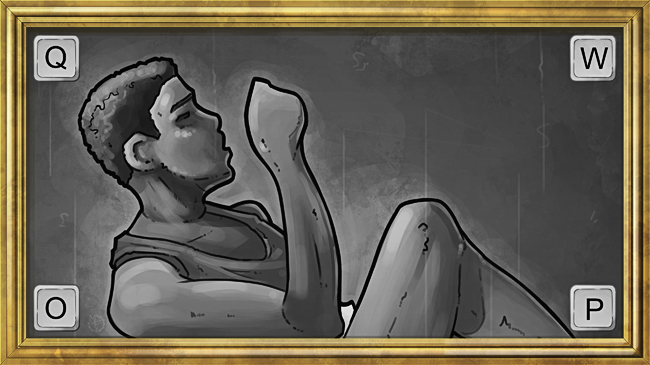
QWOP was proof that games can be slapstick comedy
QWOP was the very last "computer lab game" I ever played: those itty-bitty projects that were loadable in a browser or easily shared over thumb drives. The hours my high school teachers set aside for citing academic papers and practicing our typing were instead dominated by Line Rider, Soldat, and dozens of others just like them.
The key to a good computer lab game was simplicity. You never knew when a librarian would notice you wasting precious public school pixels, so they were mostly the kind of games to make you feel accomplished in 30 seconds or less. But nobody feels accomplished after 30 seconds of QWOP.
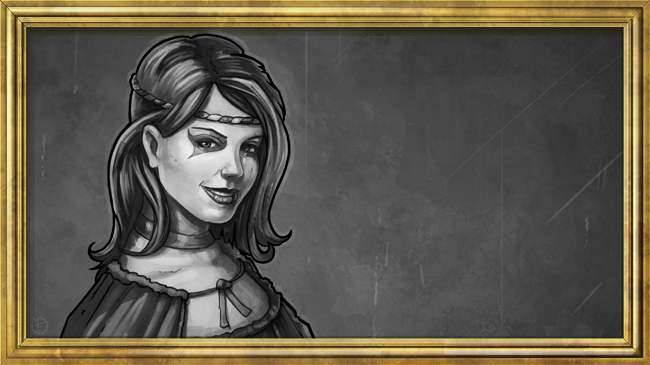
How a Russian strategy game where you can marry a frog or a zombie became a classic
It is a truth universally acknowledged that Heroes of Might and Magic 3 is not only one of the best PC strategy games ever made, but one of the best games period, perfectly capturing the magic of building castles and battling fantasy armies. Unfortunately 3DO filed for bankruptcy soon after producing the disappointing fourth entry in the series in the early 2000s, taking New World Computing, the developers of Might and Magic, with them. Ubisoft swooped in to take over, and would then go on to produce increasingly mediocre sequels.
But fortunately for us, in 2008 King's Bounty: The Legend came from Russia, with love.
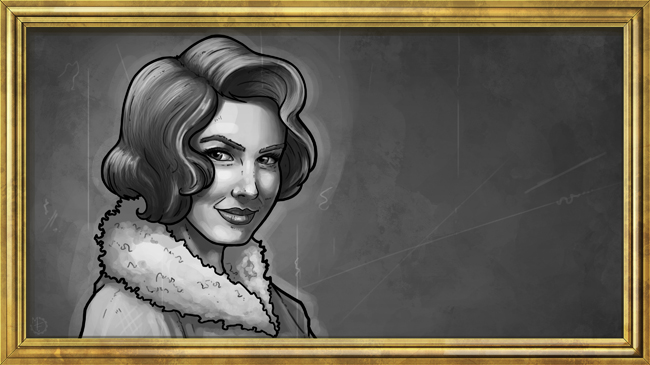
Dangerous High School Girls in Trouble was an unfairly forgotten girl-gang RPG
It's the 1920s and you're the boss of a gang of 'mystery teens', the kind of misfits and troublemakers who unravel the problems of small towns in Scooby-Doo and John Allison comics. You're the band of meddling kids who reveal the dark secrets of the local adults and set the world to rights again. And you're all girls.
That's the uncommon setup for 2008's board game-inspired RPG Dangerous High School Girls in Trouble. "I wanted to explore how feminism has evolved since the 1920s," says designer Keith Nemitz. "I grew up in the '70s, and connected with its women's movement. I hoped, by contrasting those two eras, modern feminists might appreciate how much their approaches and perspectives have advanced. Also, I have a great love of the ballsy women stars of early Hollywood, Marlene Dietrich to Myrna Loy and so many in between. They absolutely informed the PCs' personalities."
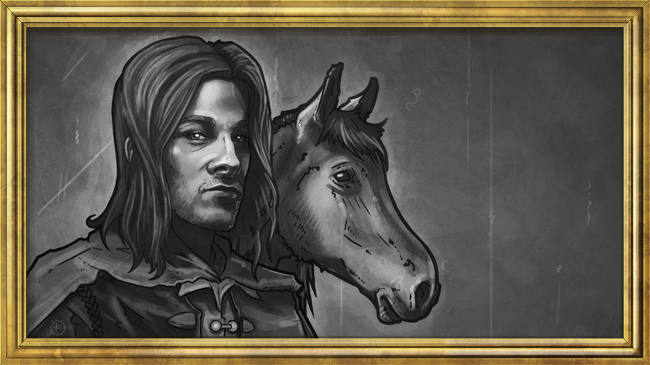
The Mount and Blade empire began with a forum post
"I took some fencing lessons, but I’m not an athletic guy," says Armağan Yavuz, founder and CEO of TaleWorlds. "I was just more interested in the idea of fencing." A fascination with melee combat—how it feels, how it works, how it plays—drove the development of Mount and Blade, the game developed by Yavuz and his wife, İpek Yavuz, and released in 2008.
"My initial idea was to get the swordfighting element right," Yavuz says from his home in Ankara, Turkey. "I tried to make the combat part of the game more involved and more interesting. If all you had to do was clicking, there wasn't enough to keep a hardcore gamer interested… I wanted a mechanic that gave you more decisions and relied on reflexes and combined elements like horse riding and blocking… You really had to hit a good sweet spot to be intuitive, immersive, and easy to grasp, but complicated enough that you don’t get bored with it after a few hours."

Jody's first computer was a Commodore 64, so he remembers having to use a code wheel to play Pool of Radiance. A former music journalist who interviewed everyone from Giorgio Moroder to Trent Reznor, Jody also co-hosted Australia's first radio show about videogames, Zed Games. He's written for Rock Paper Shotgun, The Big Issue, GamesRadar, Zam, Glixel, Five Out of Ten Magazine, and Playboy.com, whose cheques with the bunny logo made for fun conversations at the bank. Jody's first article for PC Gamer was about the audio of Alien Isolation, published in 2015, and since then he's written about why Silent Hill belongs on PC, why Recettear: An Item Shop's Tale is the best fantasy shopkeeper tycoon game, and how weird Lost Ark can get. Jody edited PC Gamer Indie from 2017 to 2018, and he eventually lived up to his promise to play every Warhammer videogame.

